Epistemological Sacrifice Zones and the Decolonization of Religion
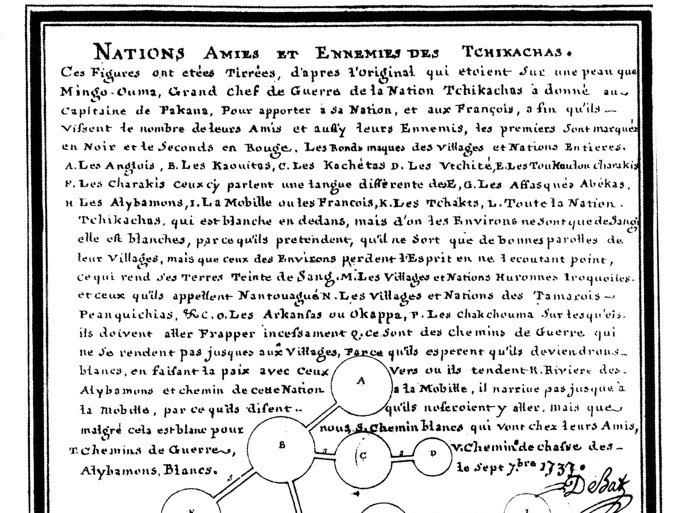
Decolonization requires changing the politics of academia’s knowledge production, argues Tyler M. Tully in this response to Episode 337: Decolonizing the Study of Religion with Malory Nye.
Are NDEs Universal?
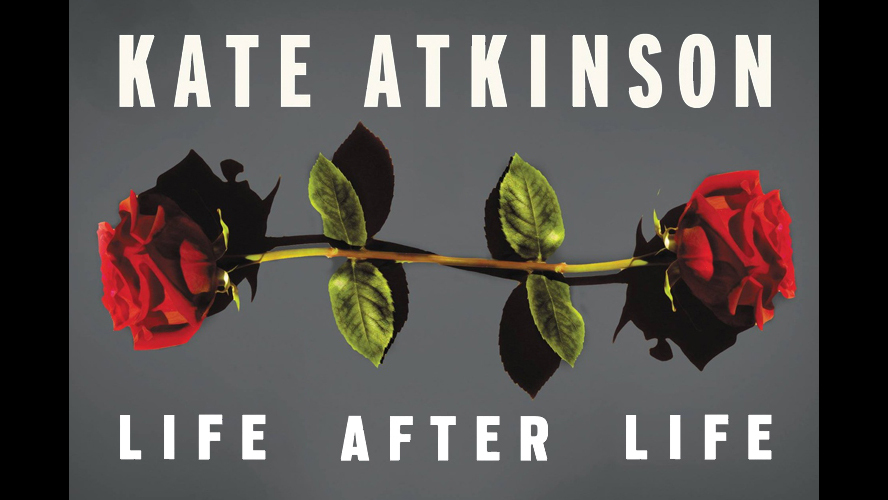
Writing about universalism in NDEs, Natasha Tassell-Matuma explains that “Languages reflect the cosmologies, ontologies, and epistemologies underlying cultures and are mutually constitutive in a culture’s practices, beliefs, ideologies, and norms. As such, when people speak, they are essentially drawing on a collective legacy that speaks to the socially-sanctioned worldview of the culture they affiliate with.”
On the study of NDEs
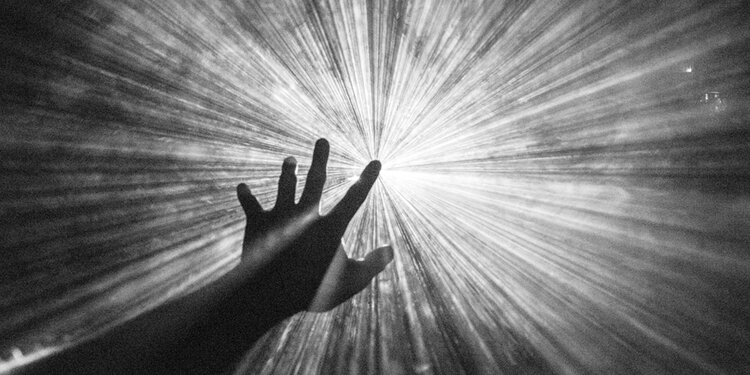
In this response, Gregory Shushan writes, “The notion expressed by both Prof. Cotter and Dr. Schlieter in their recent interview that near-death experiences (NDEs) have been discussed in academic contexts primarily from medical/materialist and “paranormal” approaches is somewhat overstated – particularly in the study of religions and related fields such as anthropology. Those who have undertaken and published research adopting a “critical religious studies approach, looking at these narratives in their social and historical contexts” will be surprised at the claim that such works are “largely absent”
The Essential and Complex Relationship of Religion and Media
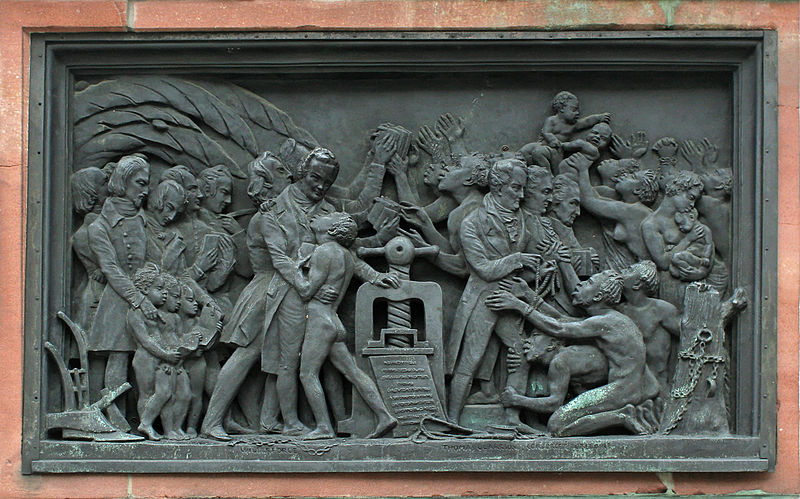
The use of new digital media may sometimes be clumsy, not well understood, and subject to failure at times, writes Robin Harragin Hussey, but it is the current and future manifestation of the way many religions and religious people want to share and make themselves known.
Media and the Study of Religion

Vivian Asimos, Chris Cotter, Time Hutchings and Suzanne Owen discuss the intersections of Media and the Study of Religion.
Secular Jewish Millennials in Israel/Palestine

In this podcast, Chris Cotter is joined by Dr Stacey Gutkowski to discuss what it means to be a ‘secular Jewish Israeli millennial’.
Ideal Types, Semantic Anarchy, and the Study of Atheism (etc.)

By Christopher R. Cotter, in response to an interview with Chris Silver on “Atheism, New Religious Movements, and Cultural Tension”. Listening to Chris Silver’s recent podcast on Atheism, New Religious Movements, and Cultural Tension was a thoroughly pleasant experience. I enjoyed hearing a colleague who I first met in 2011, and who quickly came on board the […]
Patrons Special: RSP Discourse #2 (October 2018)

Welcome to the second issue of “Discourse”, where our editors and guests take a critical look at how the category “religion” is being used in the media, the public sphere, and the academic field.
This episode, Chris (Cotter) is joined by Chris (Silver) and Theo Wildcroft, both long-time friends and contributors to the RSP, for a cross-Atlantic discussion. After the inevitable discussion of US identity conflicts and terrorism, and ugly manifestation of the KKK in Northern Ireland, discussion moved on to the accepted protocols of trick or treating, and the use of patisserie in debates on LGBT human rights vs religious freedom.
Can’t access this episode? Subscribe at https://www.patreon.com/projectrs
Patrons Special: RSP Discourse #1 (September 2018)

Welcome to “Discourse”, where our editors and guests take a critical look at how the category “religion” is being used in the media, the public sphere, and the academic field.
This episode, David and Chris are joined by RSP Associate Editor Breann Fallon from Sydney, Australia, to discuss new Aussy Prime Minister ScoMo’s Pentacostalism, an Abductee Democratic candidate in Miami, Scottish Nationalism as “religion-like”, and more.
Editors’ Picks, Summer 2018: The Intersections of Religion and Feminism

In the second of our summer “Editors’ Picks”, Sammy Bishop flags up an important interview in which Dawn Llewellyn provides a great introduction to how feminism, religion, and the academic study of both, might (or indeed, might not) interact. Llewellyn also does an excellent job of flagging up how future work in these fields could become more productively interdisciplinary.
Editors’ Picks, Summer 2018: Critiquing the Axial Age

In the first of our summer “Editors’ Picks”, Chris Cotter flags up an important interview, in which Jack Tsonis “demonstrates how the term ‘Axial Age’ shares much in common with the notion of ‘World Religions’ in that both – to quote the subtitle to Tomoko Masuzawa’s seminal work – preserve ‘European universalism […] in the language of pluralism’.”
Putting an Umbrella Over a Bridge
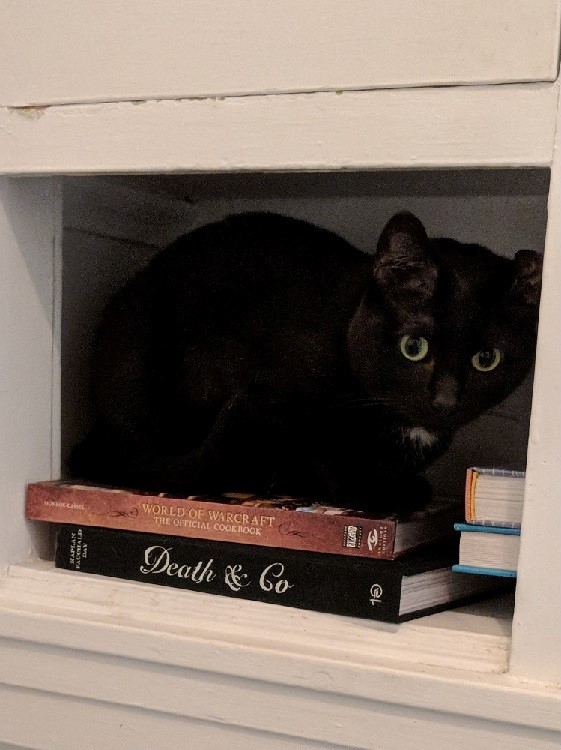
Author’s cat demonstrating the utility of having an overarching framework for discussing topics pertinent to religious studies within interdisciplinary contexts.
Trying to squeeze “(non)religious and/or (non)spiritual identifications, beliefs, and/or practices are important to [psychology topic] because…” into a 150-word abstract for a conference paper is cumbersome, at best.
Religious cliché and stigma

As part of the podcast on pervasive clichés, Chris Cotter interviews Brad Stoddard and Craig Martin regarding their recent work how popular clichés are enculturated within our culture. This conversation explores how clichés are both useful and detrimental to the study of religion in that they frame expectations about religion and speak to the social expectations of religious groups by others.
“Unbelief” or: How I Learned to Stop Worrying and Love Imprecise Terminology

Author’s cat providing pictorial representation of “‘Unbelief’: comfortable enough for now, probably need to move away from it eventually”
For the past few years, the term “unbelief” has made me academically disquieted in a way I’ve never quite been able to place.
Religious Studies Opportunities Digest – 26 September 2017

Welcome to the latest RSP opportunities digest, where you will find details of four conferences, two journal calls for papers, and notices about a funding opportunity and two jobs. We also have three items of news to pass on.
First of all, the Religious Studies Project Association (the organisation behind the scenes of the RSP) is now a SCIO – a Scottish Charitable Incorporated Organisation (charity number SC047750).
